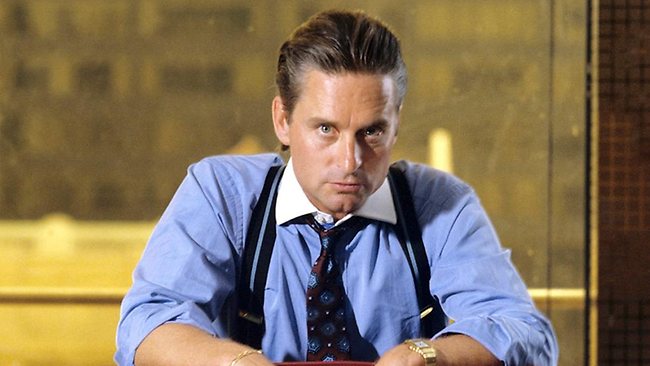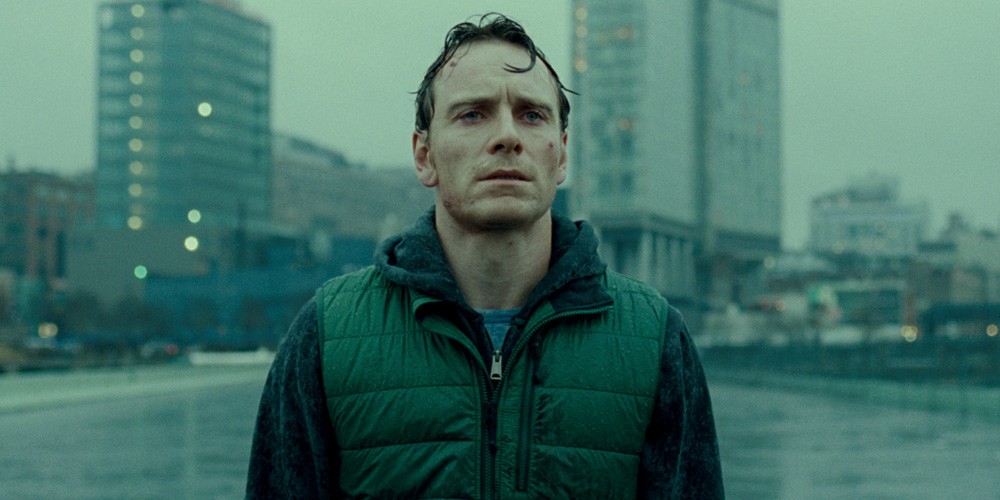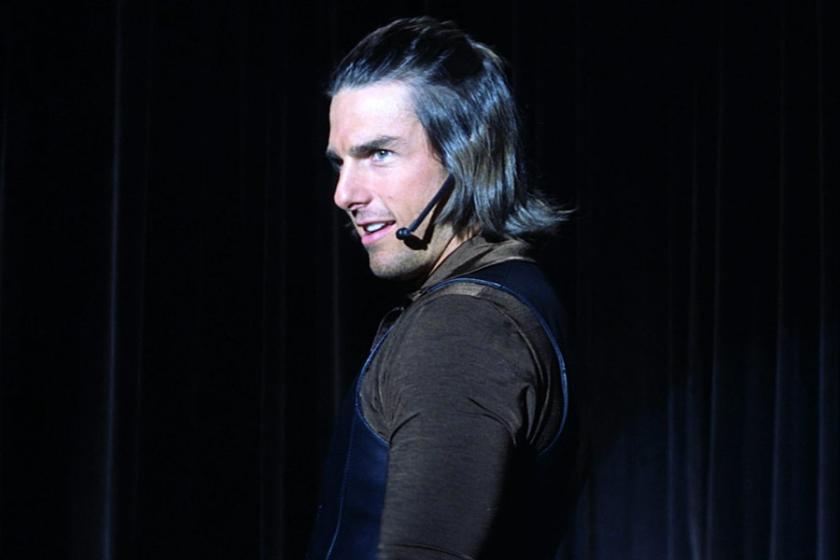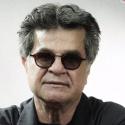John Lennon once said, "You have to be a bastard to make it. That's a fact. And the Beatles were the biggest bastards on earth." As that statement would suggest, to be a bastard is not to be a villain - nothing quite so obvious. The reality is that bastards are often apparent gents, with the veneer of respectability concealing a character who's ruthlessly ambitious, insufferably smug, a button-pusher, schemer or cheater.
Cinema has seen its share of scintillating scoundrels. Indeed, some actors have made entire careers out of playing such men - Michael Douglas to name but one. So why do they continue to fascinate us, attracting begrudging admiration as they simultaneously charm and repulse us? Quite simply, they do as we wouldn't dare and, in the words of Rosalind Russell describing Cary Grant in His Girl Friday, they are wonderful "in a loathsome sort of way". Here are some of my personal favourites.
 The philandering bastard: David Niven in Bonjour Tristesse (1958)
The philandering bastard: David Niven in Bonjour Tristesse (1958)
This Friday brings the reissue of Otto Preminger's magnificent film which finds the hedonistic Raymond (Niven) and his pouting protégée Cecile (Jean Seberg) living a life free from care and consequence, right up until it quite spectacularly isn't. The arrival of the sensible but kindly Anne (Deborah Kerr) seems to herald a positive change in Raymond but, assisted by Cecile's jealous meddling, ultimately he is revealed as a bastard to best any other.
The foppish bastard: Anthony Higgins in The Draughtsman's Contract (1982)
In Peter Greenaway's brilliant mixture of murder mystery, period drama and surrealist comedy, Higgins plays the flamboyant Mr Neville, an architectural artist commissioned to produce a series of drawings by Mrs Virginia Herbert (Janet Suzman) whilst her husband is away. Neville is a memorable bastard, a grossly insensitive sexual opportunist who little realises that bigger baddies lurk in the wings.
 The corporate bastard: Michael Douglas in Wall Street (1987)
The corporate bastard: Michael Douglas in Wall Street (1987)
Douglas' recent turn as Liberace in Behind the Candelabra was almost astonishing enough to shroud the fact that he's better known for portraying swaggering swines, including Gordon Gekko - one of the greatest screen bastards of them all. In a performance that won the actor an Oscar, he plays the investor-mentor to Charlie Sheen's baby broker, spitting out ruthless corporate wisdom which has gone down in film history: "Lunch is for wimps", "Greed is good" and "If you need a friend, get a dog".
The psychopathic bastard: Aaron Eckhart in In the Company of Men (1997)
Neil LaBute's debut sees Eckhart's Chad plotting to get payback on womankind after he and his boss Howard (Matt Malloy) are simultaneously dumped. Their dastardly ploy is to date and ditch a deaf colleague Christine (Stacy Edwards) and if that doesn't seem cruel enough there's a final sting in the tail for Howard. The square-jawed, blond Chad is a special kind of repellent - an all-American psycho. It's the role that put Eckhart deservedly on the Hollywood map.
 The irresistible bastard: Cary Grant in The Philadelphia Story (1940) / His Girl Friday (1940)
The irresistible bastard: Cary Grant in The Philadelphia Story (1940) / His Girl Friday (1940)
We move from the nastier to the nicer end of the bastard spectrum, as being something of a smug git was unquestionably part of Grant's screen allure. He was a bit of a bastard in a lot of his films but he's at his most iconically caddish in a pair of screwball gems: as the wonderfully monikered C.K. Dexter Haven in The Philadelphia Story who's scheming to win his ex-wife back and as Walter Burns in His Girl Friday who's, er, scheming to win his ex-wife back.

The three-dimensional bastard: Michael Fassbender in Shame (2011)
He's a handsome devil and his bed-hopping behaviour is at least on the face of it that of a quintessential bastard; yet Fassbender's Brandon is a bastard as fashioned by fledgling auteur Steve McQueen. McQueen isn't interested in demonising Brandon and sex addicts like him; he is fleshed-out searingly and sympathetically as we bear witness to Fassbender's naked body and soul. Blimey.
The million-dollar bastard: Tom Cruise in Magnolia (1999)
Fact: Tom Cruise has always been better at playing bastards. Even his most famous alter-egos (from Top Gun, Jerry Maguire, Cocktail) are at least part swine. And yet his performance in Magnolia as concentrated arsehole Frank T.J. Mackey left a lot of people dumbstruck. He's a motivational speaker running a "Seduce and Destroy" workshop which preaches misogyny. Be warned that his performance will make your eyes water.
 The film where everyone is a bastard: Glengarry Glen Ross (1992)
The film where everyone is a bastard: Glengarry Glen Ross (1992)
James Foley directs this David Mamet-penned tale of conniving real-estate salesmen (and con men) locked in competition over one night and day. Alec Baldwin is the dead-eyed Blake who storms into the office of Premiere Properties to shake the employees' tree ("Fuck you - that's my name"). Al Pacino, Jack Lemmon, Kevin Spacey and Ed Harris are left to duke it out for their jobs - and the position of the movie's second biggest bastard.














Add comment